How Great People Work In Civ 7 Compared To Civ 6
One of the many new changes and features that overhaul gameplay in Sid Meier's Civilization 7 is the way Great People work. Great People were an integral part of Civilization 6 and previous installments and were essential in securing a strategic edge over opposing civilizations. In Civ 7, however, their role and importance have changed dramatically, and the mechanics surrounding Great People are much more straightforward. Great People in Civ 6 fall into one of many categories and are acquired after accumulating a certain number of Great Person points in that specific category, such as a Great Merchant or Great Scientist.
The removal of Great Person points is likely a result of a larger attempt to reduce micromanagement Civilization 7, and it allocates Great People to specific civilizations. Great People in Civ 6 operated on somewhat complicated mechanics, and each Great Person was unique, even within each subclass of Great People. The more complex aspects of Great People have been removed in Civ 7, and Great People are no longer specific individuals from history, and their effects have been completely randomized within each type. Here's a look at how Great People work in Civ 7 compared to Civ 6.
Great People Are Essential In Civilization 6
Players Gain Points From Resources To Unlock Unique Great People
Civilization 6's Great People are earned by accumulating Great Person points from an empire's resource yields (e.g., Science, Faith, etc.) and are awarded from a pool of Great People for which all players compete. Great People in Civ 6 are distinct individuals from history, such as Isaac Newton or John the Baptist, and each Great Person has a unique ability, with the exception of Great Prophets, who are only used to found a Religion. Great Person points are accumulated. Civilizations compete against one another for each Great Person, and once a Great Person is acquired, another is queued up to start the process over.
Great People in Civ 6 can often have multiple charges depending on their ability, such as Gustave Eiffel's ability that adds Production to Wonder construction up to two times. Many Great People are categorized into one of nine domains: Great Admirals, Engineers, Merchants, Scientists, Writers, Artists, Musicians, and, of course, Great Prophets. Great Prophets are essential to a Religious Victory, as players must race to acquire one before in order to establish a Religion. While these mechanics are complicated, Great People in Civ 6 can turn the tides strategically in any campaign.
How Great People Work In Civilization 7
Civ 7's Great People Are Civilization-Specific
In Civilization 7, the complex system behind Great People has been greatly simplified, with Great People being allocated to a specific civilization. For certain Civilizations, Great People can be purchased or produced and require certain conditions to be met before becoming available. For example, when playing as Abbasid in the Exploration Age, players can purchase or produce an 'Alim once they've constructed the Unique Quarter, the Ulema, by building both the Madrasa and Mosque buildings in the same Urban district. Once these conditions are met, 'Alims are available throughout Civ 7's Exploration Age, and their abilities are completely randomized.
Unlike Civ 6, Great People do not require points or a specific resource to unlock, though their abilities synergize with their civilization's specialty, such as the Han's Shi Dafu, which have a Scientific focus. Great People abilities within a civilization are unique as well, and Great People are still modeled after historical figures, such as the Chinese philosopher Mencius.
In addition, there is no limit to the number of Great People that can be acquired, though they become increasingly more expensive each time. Great People in Civilization 7 can still be extremely advantageous for building strategy, but they function differently than in Civ 6.
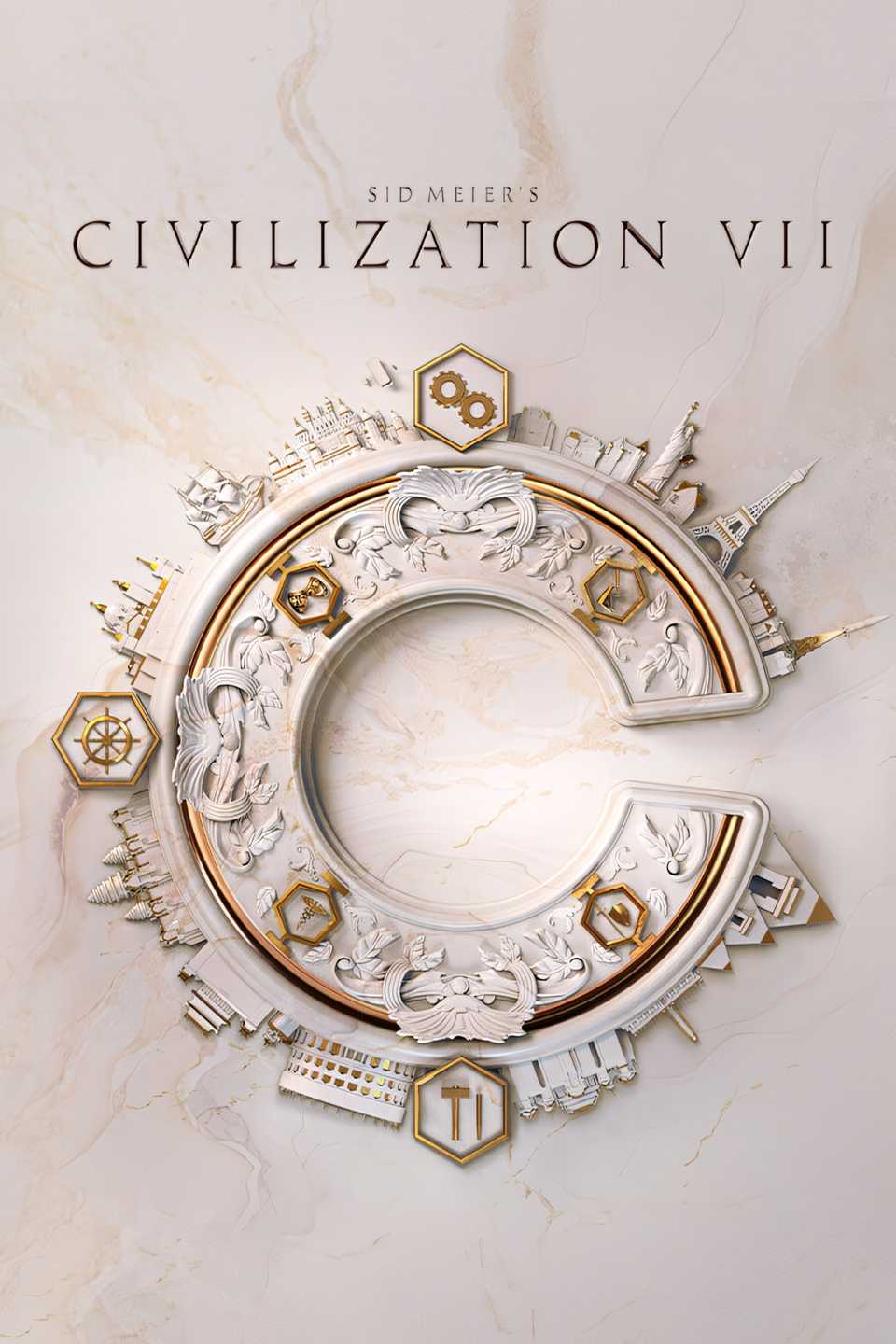
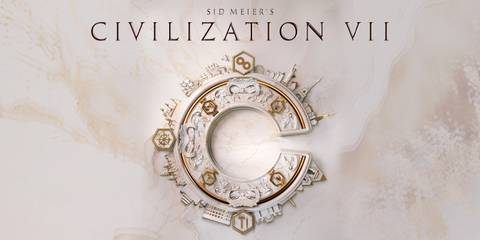
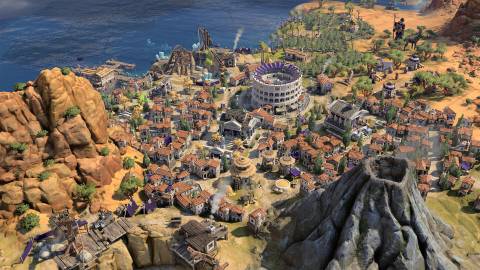
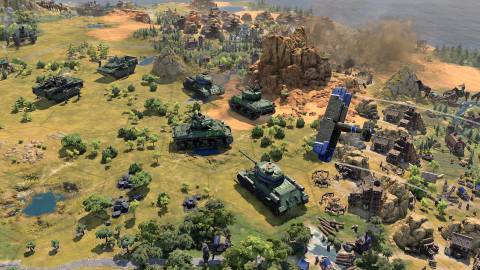
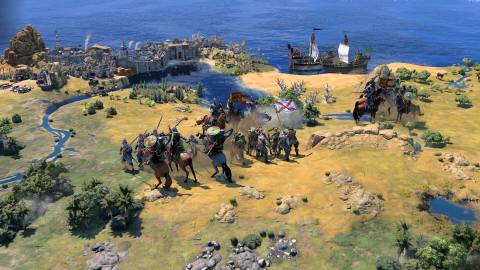
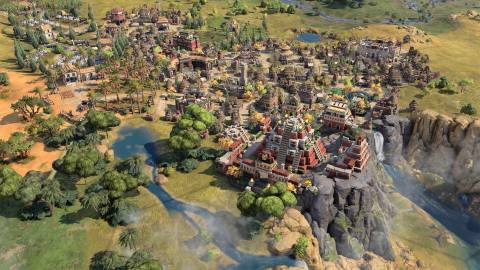
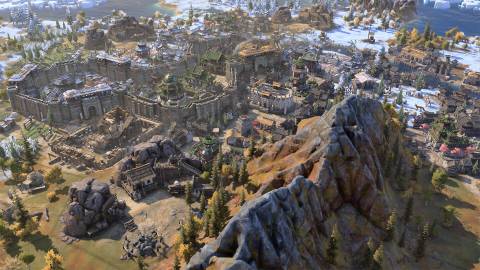
Sid Meier's Civilization VII
 OpenCritic Reviews
OpenCritic Reviews- Released
- February 11, 2025
- ESRB
- Everyone 10+ // Alcohol and Tobacco Reference, Mild Language, Mild Violence, Suggestive Themes
- Developer(s)
- Firaxis Games
- Publisher(s)
- 2K
- Engine
- Gamebryo Engine
Sid Meier's Civilization VII empowers players to guide their empires through three distinct Ages—Antiquity, Exploration, and Modern—each offering unique civilizations and challenges. For the first time, leaders and civilizations can be mixed and matched, allowing unprecedented strategic combinations.
- PC Release Date
- February 11, 2025










Your comment has not been saved